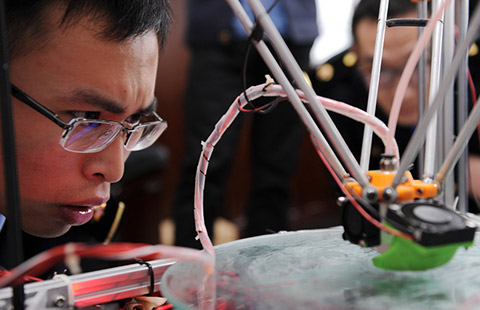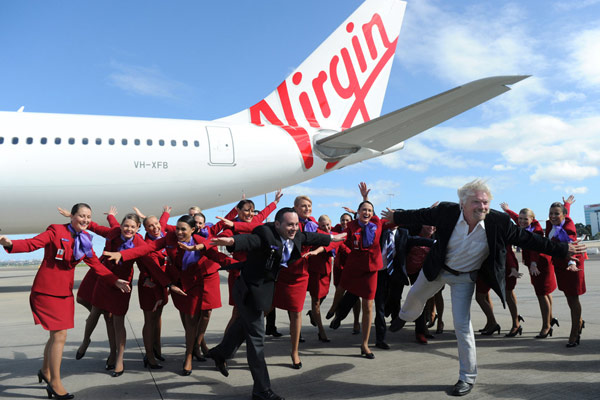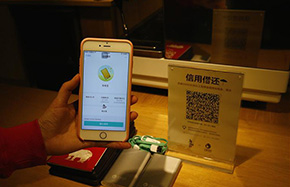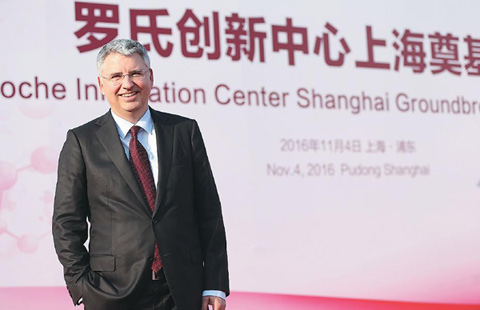Project to boost cross-Straits economic links
Kunshan plans to offer preferential policies to help facilitate trade, financing for Taiwan firms
The State Council, China's cabinet, has approved a pilot program for Kunshan city in the eastern province of Jiangsu in a major effort to strengthen economic cooperation across the Taiwan Straits.
An official with the Taiwan affairs office in Kunshan, who declined to be named, told China Daily on Tuesday the program will be the first of its kind across the Straits.
It will introduce preferential policies to facilitate trade and financing for Taiwan companies in Kunshan, the official said, without elaborating.
Kunshan is one of the mainland cities that have attracted most investment from Taiwan. The number of Taiwan-funded firms in the city reached 4,234 by the end of 2012, with total investment of $52.1 billion, according to Xinhua News Agency.
Xinhua said the pilot program will include a national-level and a provincial-level development zone in Kunshan, and also a special trade zone, providing favorable policies for both sides to carry out technical exchanges, and also communications on product inspection, certification and standards-setting.
The program will also introduce preferential policies for financial institutions, such as allowing pilot cross-border renminbi business, more flexible lending services, and allowing Taiwan-based financial institutions to carry out direct investment in renminbi, Xinhua said.
Frank Weng, head of Taiwan Chang Hwa Bank's Kunshan branch, said he is looking forward to the new policies.
"Currently, our major clients are Taiwan-funded companies that have direct investment in Kunshan. However, because of earlier policy limitation, most of the Taiwan companies would invest through a third region," Weng said.
He said these companies, comprising about 90 percent of the Taiwan enterprises operating in Kunshan, mostly use mainland banks to finance business.
"I hope that with the pilot program launched, we will be qualified to offer renminbi services to more clients, even mainland companies," Weng said.
Chang Hwa Bank set up a representative office in Kunshan in 2002 in an attempt to enter the mainland market as early as possible. It opened a formal branch in 2010, after the Chinese mainland and Taiwan signed a memorandum of understanding on financial supervision.
By mid-2012, 10 Taiwan banks had received permission to establish branches on the mainland, eight of which have already started operations, according to the State Council's Taiwan Affairs Office.
Cross-Straits relations have been warming since 2008, when the Kuomintang beat the Democratic Progressive Party in Taiwan.
The two sides have opened direct sea, air and postal links. The Economic Cooperation Framework Agreement was signed in 2010, leading to increased exchanges in all fields, and both sides are now moving to strengthen cooperation in the financial sector.
During his visit to Taiwan last month, Guo Shuqing, the mainland's securities chief, said the mainland is ready to open the A-share market for Taiwan institutional investors holding offshore renminbi deposits.
xieyu@chinadaily.com.cn

















